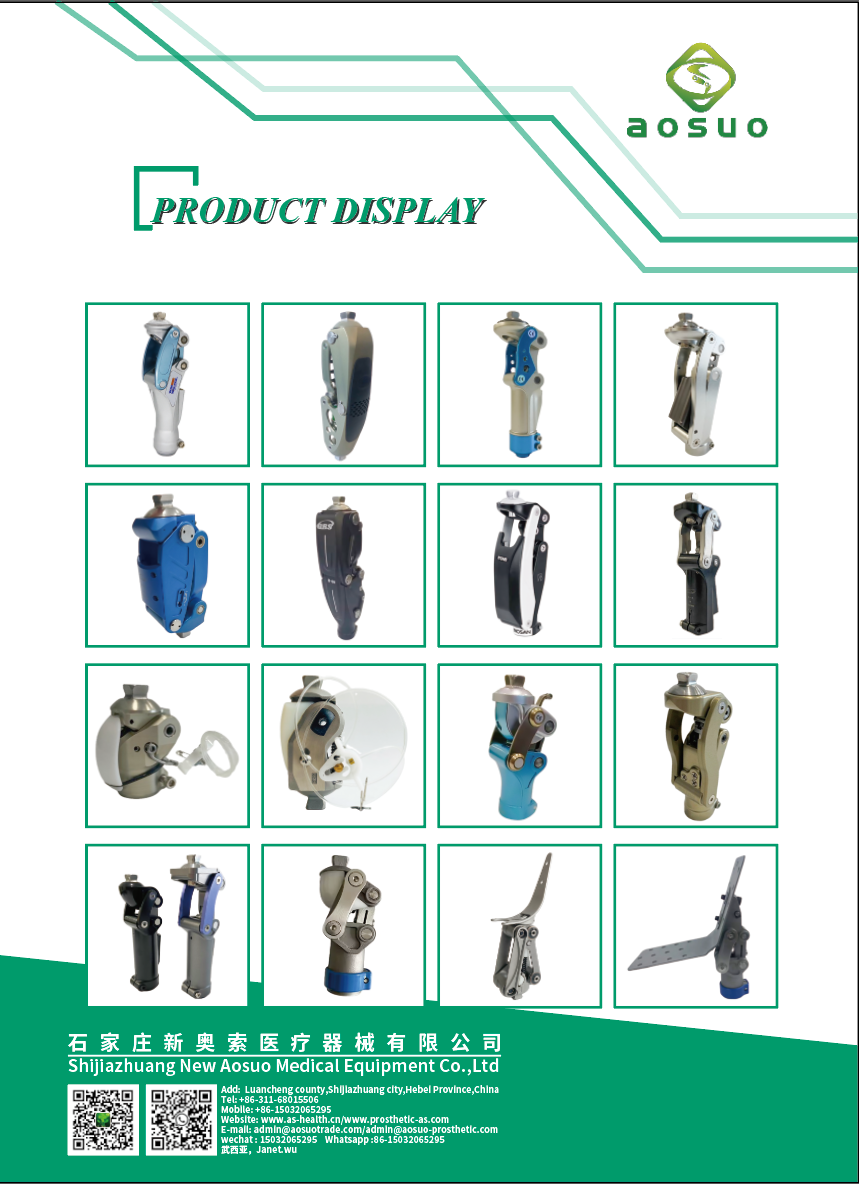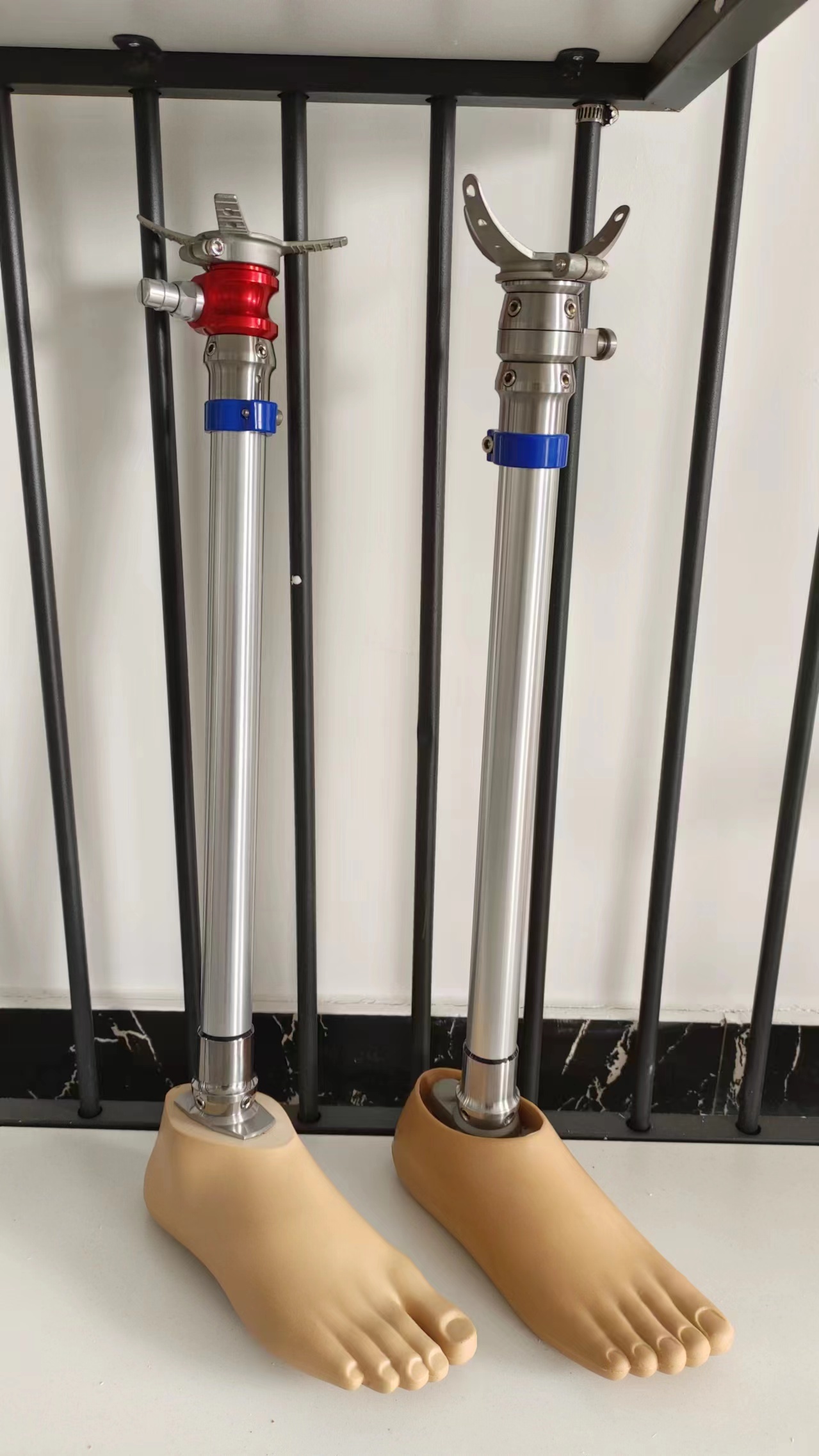Exploring the Future of Medical Prosthetic Implants: Innovations and Insights
Release Time:
May 04,2025
--- The field of medical prosthetic implants is witnessing remarkable advancements, driven by technological innovation and an increasing understanding of biomechanical principles. Medical prosthetic implants are artificial devices designed to replace or support missing or malfunctioning biological structures. These implants are crucial in restoring functionality and improving the quality of life f
---
The field of medical prosthetic implants is witnessing remarkable advancements, driven by technological innovation and an increasing understanding of biomechanical principles. Medical prosthetic implants are artificial devices designed to replace or support missing or malfunctioning biological structures. These implants are crucial in restoring functionality and improving the quality of life for individuals with various medical conditions, from limb loss to joint replacements.
One of the most significant trends in the realm of medical prosthetic implants is the integration of smart technology. Modern prosthetics are now being equipped with sensors and microprocessors that allow for real-time adjustments based on the user's activity and environmental factors. This adaptability enhances user experience and improves the efficiency of the prosthetic, making it more responsive to the needs of the patient.
Another key aspect to consider when discussing medical prosthetic implants is the materials used in their manufacturing. The development of biocompatible materials has revolutionized the industry, reducing the risk of rejection and improving comfort. Advanced polymers, titanium alloys, and even bioactive ceramics are being utilized to create implants that not only mimic the mechanical properties of bone and tissue but also promote integration with the body's biological systems.
Moreover, 3D printing technology is playing a pivotal role in customizing medical prosthetic implants. Customization allows for a more tailored fit, leading to better outcomes and enhanced comfort for patients. Healthcare professionals can now use advanced imaging techniques to create precise models of a patient’s anatomy, enabling the production of personalized implants that cater to individual needs.
In terms of patient care, the role of rehabilitation and ongoing support cannot be overstated. Post-operative care and physical therapy are essential components of the recovery process, ensuring that patients adapt to their new prosthetic implants effectively. Healthcare providers must focus on interdisciplinary collaboration to provide comprehensive care, encompassing physical, psychological, and social aspects of recovery.
The future of medical prosthetic implants holds great promise, with ongoing research and development aimed at enhancing functionality and user satisfaction. The emphasis on user experience, coupled with technological advancements, is set to redefine the standards of prosthetic care. As professionals in the medical field, staying informed about these innovations is crucial for improving patient outcomes and ensuring the best possible care.
In conclusion, medical prosthetic implants represent a dynamic area of healthcare that is continually evolving. By leveraging new technologies, understanding material science, and emphasizing patient-centered care, healthcare professionals can significantly impact the lives of those who rely on these essential devices.
Keywords:
You Can Also Learn More About Industry Trends







